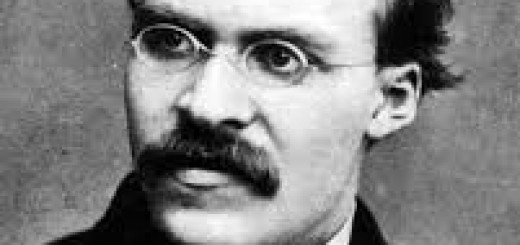By Rabbi Dovid Markel
A Kabbala professor of mine once insisted that academia has a clearer, truer and more objective understanding of the Zohar than the Ari z”l.
When I pressed him about both the hubris of the statement and if he really believes his statement, he insisted that not only does he stand by it, but that he is sure that the Ari was unable to objectively understand Zohar while he believes that he can–as the entire premise of his ‘scientific’ method is to understand the true, objective intent of the Zohar.
Interestingly I was reading a paper of his where he unknowingly supports a theory that suggests that not only he not understand Zohar properly–as opposed to the Ari who did–but that it is essentially impossible for him to understand the Zohar.
The theory of Reception Theory states that the more cultural background the reader shares with the author, the more he will understand his work. However, the lack of similarity in background causes the reader to misunderstand the author.
Aberrant decoding expresses this further, in explaining the reason that there can be so many contradictory opinions on a text that originally was understood by all.
One need not look further than Talmud to see a clear example of this phenomenon. Indeed, reading Maimonides introduction to his Halachik compendium one sees a variation of this very theory.
That being said, even if one accepts the position of academia that the Zohar is a 13th century text and not an ancient one, the Ari–who clearly did not believe this–would still have a clearer understanding of the Zohar than this professor.
The medieval mind of the Arizal–who can be assumed read similar kabbalistic texts to the Kastilian kabbalist and shared a closer worldview–is more likely to understand Zohar than a postmodern professor who superimposes upon the zohar many ideas that are quite strange to the medieval mind.
Indeed, it is this point that the Chassidic librarian, Chaim Liberman expressed about Gershom Scholem’s scholarship about chassidic thought. Liberman expressed that because of the very fact that Scholem did not have a chassidic background, he could not truly understand her teachings.
So although the academic world assumes that an insider is biased and cannot understand the teachings of their own movement, reception theory suggests that the opposite is true–and that only an insider’s opinion is valid.






















